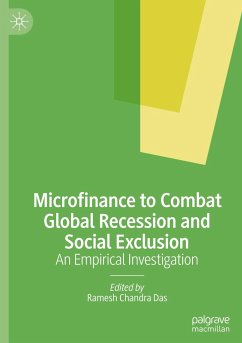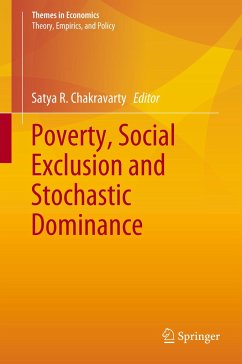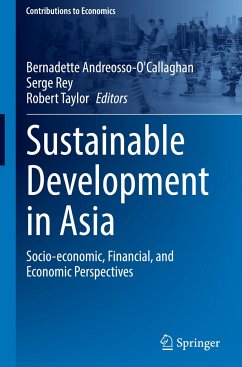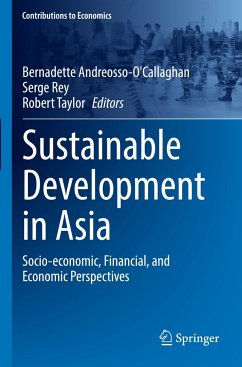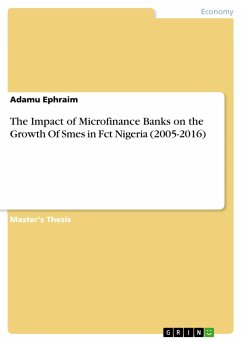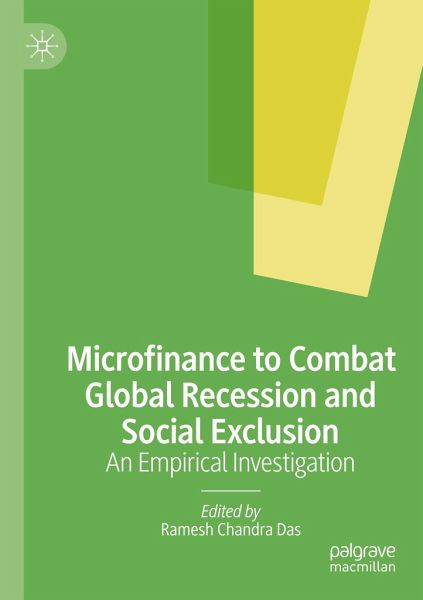
Microfinance to Combat Global Recession and Social Exclusion
An Empirical Investigation
Herausgegeben: Das, Ramesh Chandra
Versandkostenfrei!
Versandfertig in 6-10 Tagen
121,99 €
inkl. MwSt.

PAYBACK Punkte
61 °P sammeln!
The book focuses on how microfinance institutions can be the alternative way to supply funds to combat different phases of global economic recessions. Also, it emphasizes upon their capabilities in reducing poverty and inequality as the countries of the world today aim to attain the goal of sustainable development. The book further deals with the challenges that the micro financial institutions may face while sustain in the competitive and vast changing global business environment. Finally, the book analyses the effectiveness of micro financial services for the emergence of micro, small and me...
The book focuses on how microfinance institutions can be the alternative way to supply funds to combat different phases of global economic recessions. Also, it emphasizes upon their capabilities in reducing poverty and inequality as the countries of the world today aim to attain the goal of sustainable development. The book further deals with the challenges that the micro financial institutions may face while sustain in the competitive and vast changing global business environment. Finally, the book analyses the effectiveness of micro financial services for the emergence of micro, small and medium enterprises with new technology and innovations which, in turn, can be instrumental in ensuring new relocation of global supply chains.





